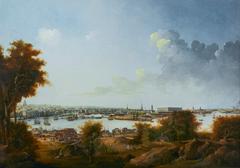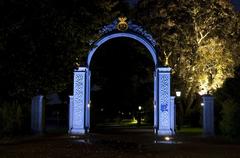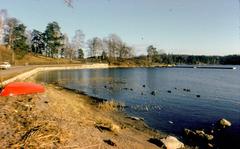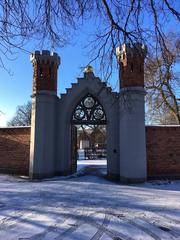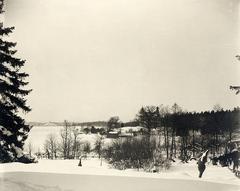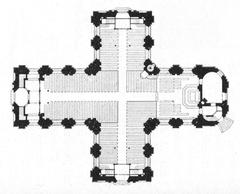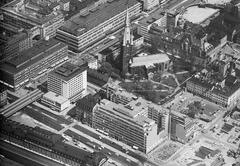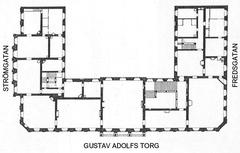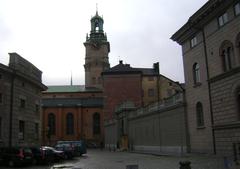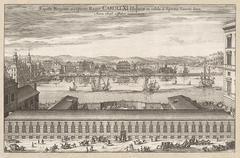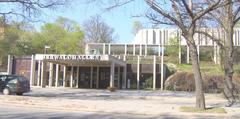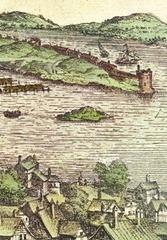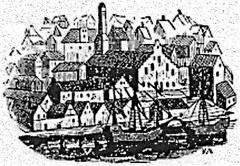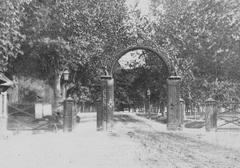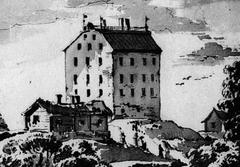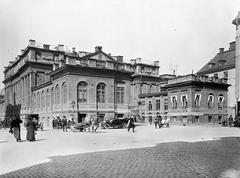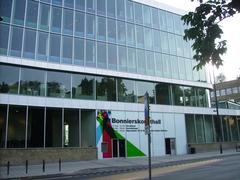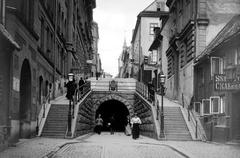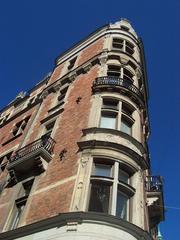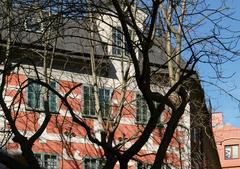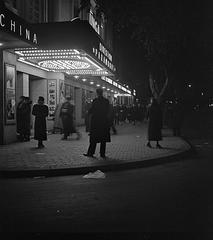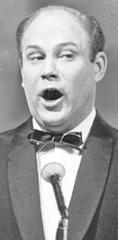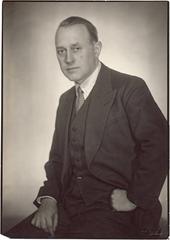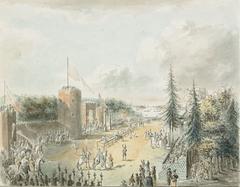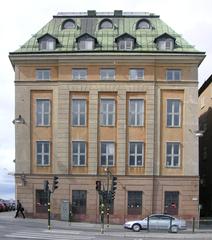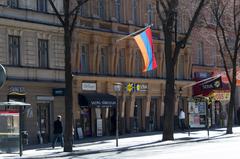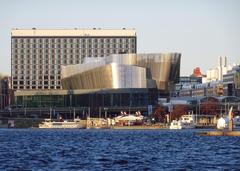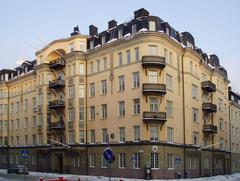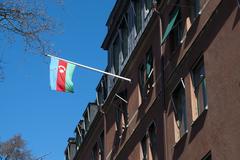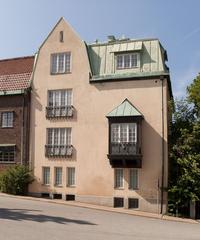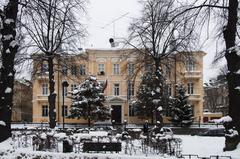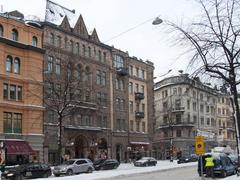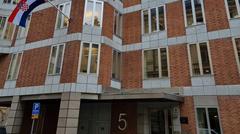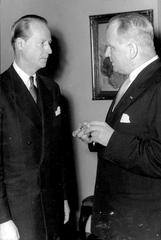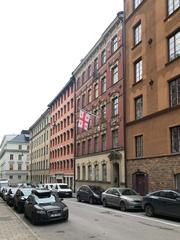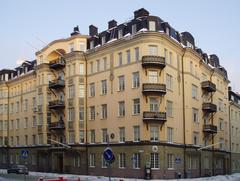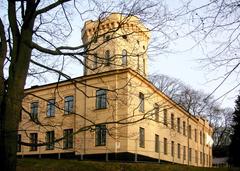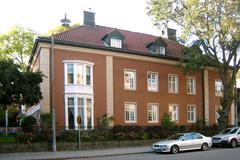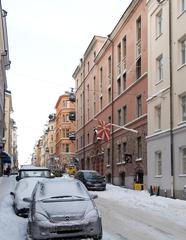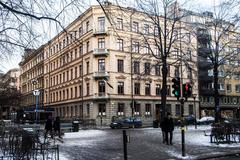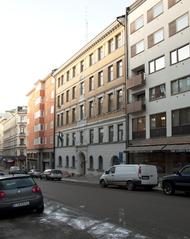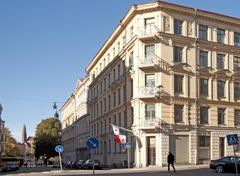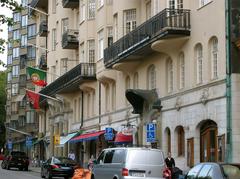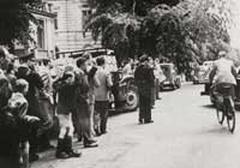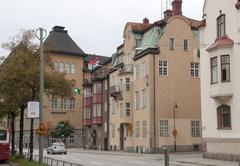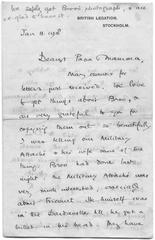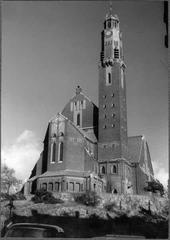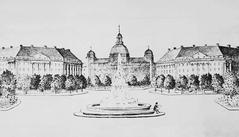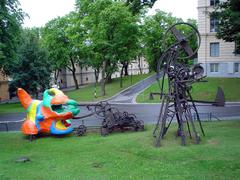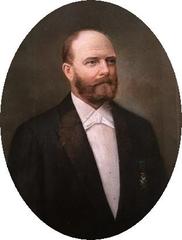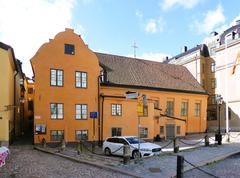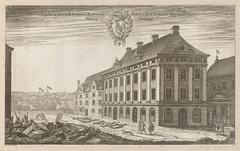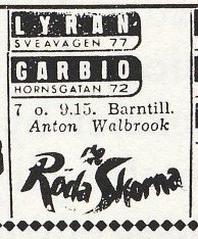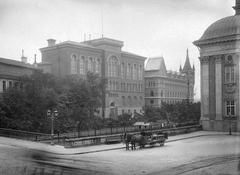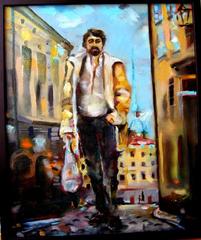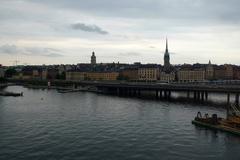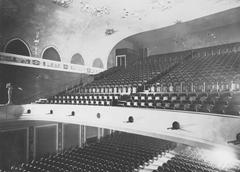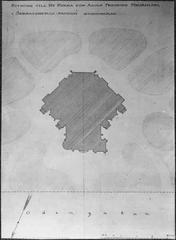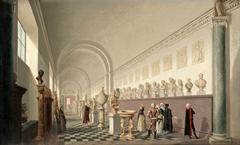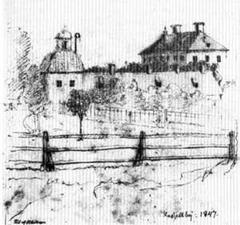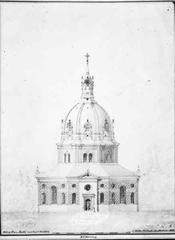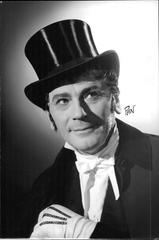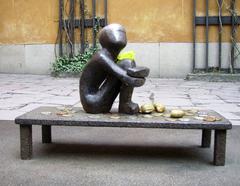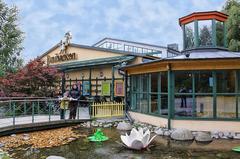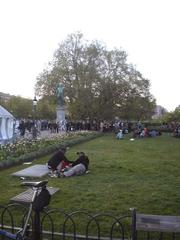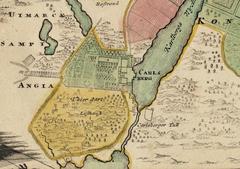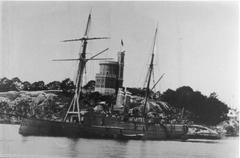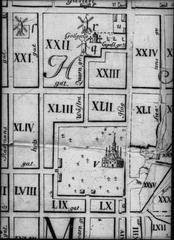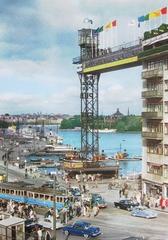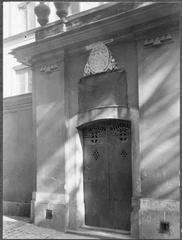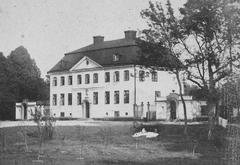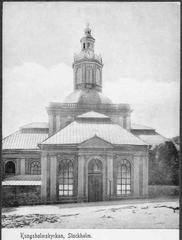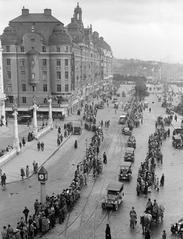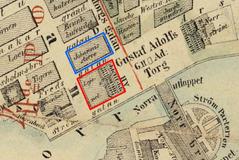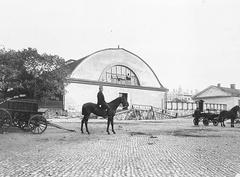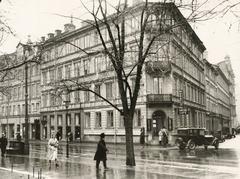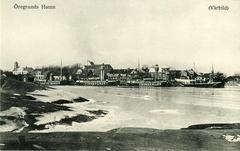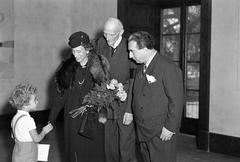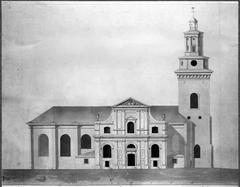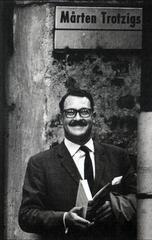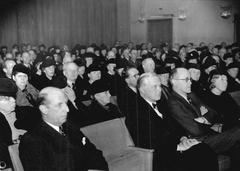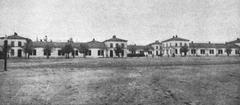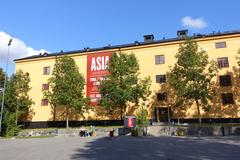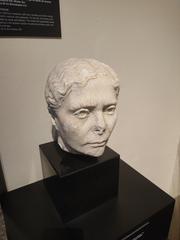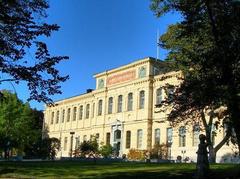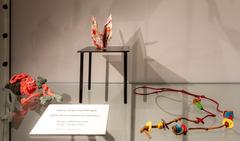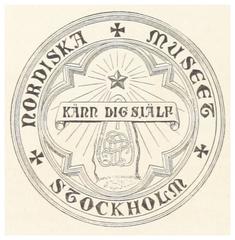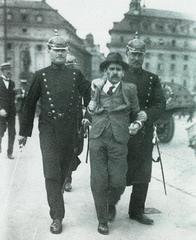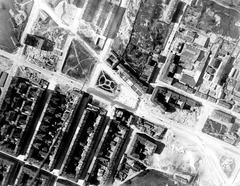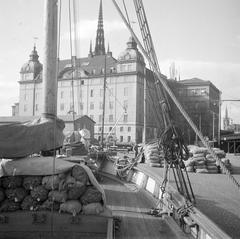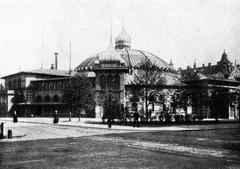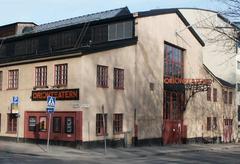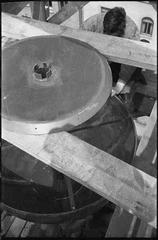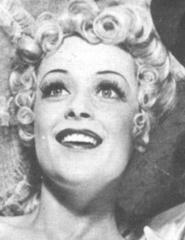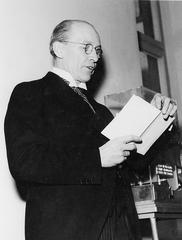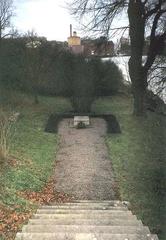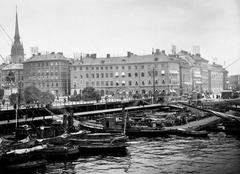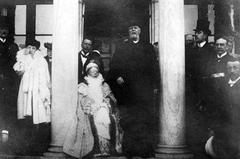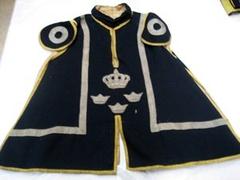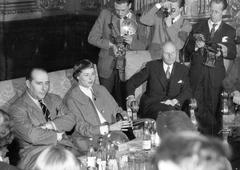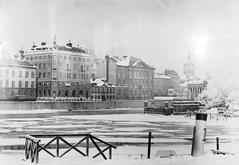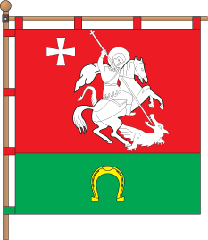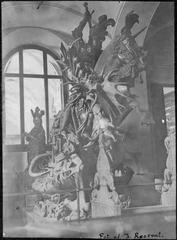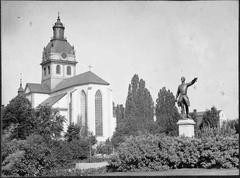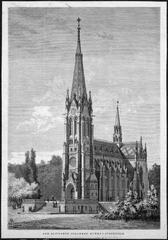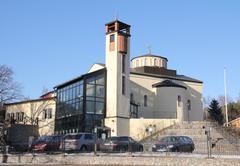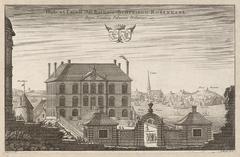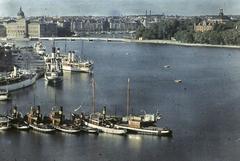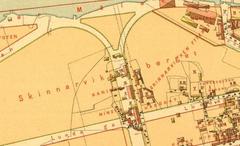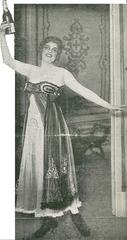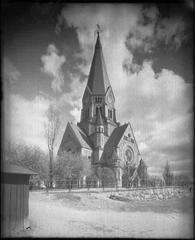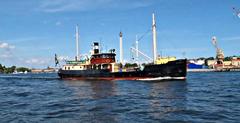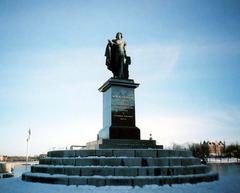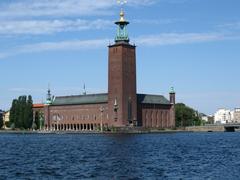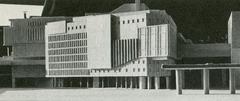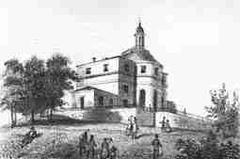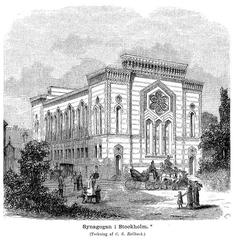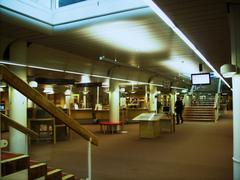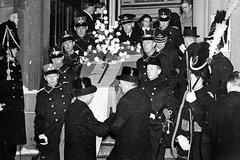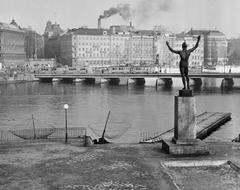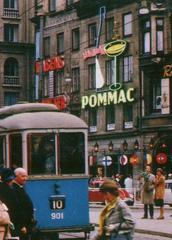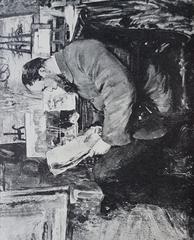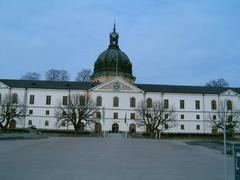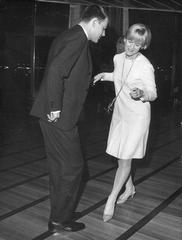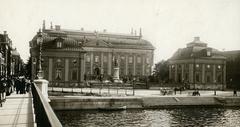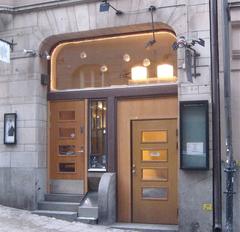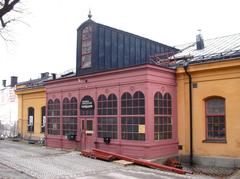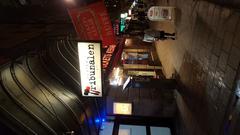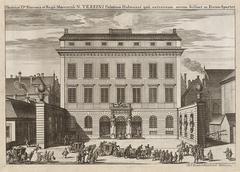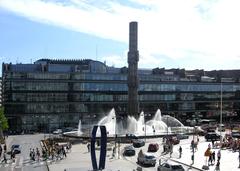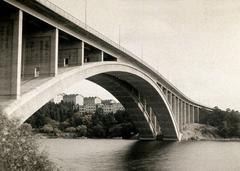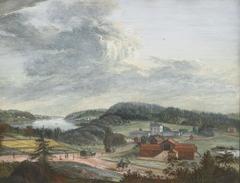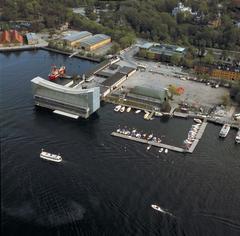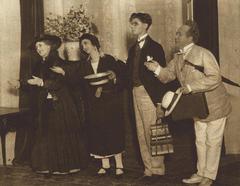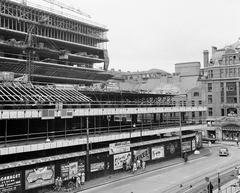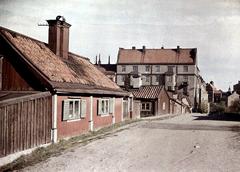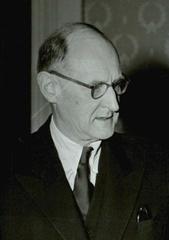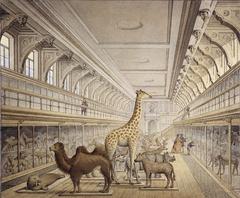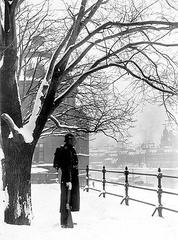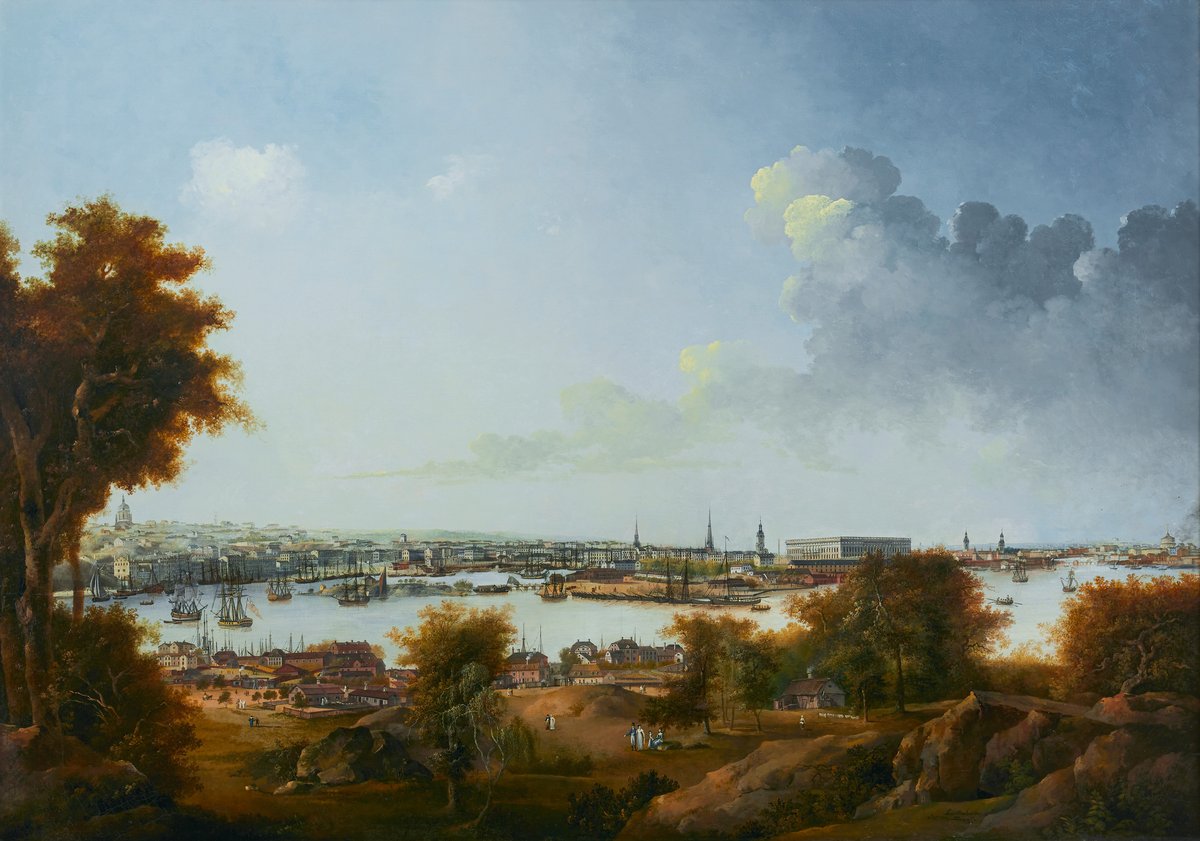
Djurgården, Stockholm, Sweden: The Essential Visiting Guide
Date: 16/08/2024
Introduction
Djurgården is a captivating island in central Stockholm, renowned for its rich history, cultural landmarks, and vibrant recreational spaces. Once known as ‘Walmund’s Island,’ Djurgården evolved from a royal hunting ground in the 15th century to one of Sweden’s premier destinations for locals and tourists alike. Today, it is home to iconic attractions such as the Vasa Museum, Skansen Open-Air Museum, and the Gröna Lund amusement park. This comprehensive guide explores Djurgården’s history, highlights its major sites, and offers practical tips for making the most of your visit (Wikipedia, Kungliga Slotten, Visit Stockholm).
Table of Contents
- Introduction
- Historical Overview
- Top Attractions
- Practical Visitor Information
- Annual Events & Festivals
- Sustainability & Accessibility
- FAQs
- Conclusion
- References
Historical Overview
Early Beginnings and Royal Ownership
Djurgården’s history stretches back to the 15th century, when it was first mentioned as ‘Walmund’s Island.’ King Karl Knutsson acquired the land, and it has remained under royal administration ever since (Kungliga Slotten). In the late 16th century, King Johan III established a hunting park and introduced deer and reindeer, laying the foundation for its future as a royal retreat (Wikipedia).
17th–19th Century Developments
The 17th century saw the island become a favored locale for royal festivities under Queen Christina, who hosted ballets and fireworks. By the 18th century, Djurgården began its transition into a recreational area with the opening of the Djurgårdsteatern in 1801. The construction of Rosendal Palace in the 1820s by King Charles XIV John marked the start of significant residential development, and attractions like Cirkus, Hasselbacken, and the Nordic Museum soon followed (Wikipedia).
Modern Era and Preservation
The 20th century cemented Djurgården’s role as a cultural and recreational center. It now features internationally renowned sites such as the Vasa Museum, Skansen, Nordiska Museet, and Liljevalchs Art Gallery (Visit Stockholm). The establishment of the National City Park in 1995 helped preserve the island’s unique natural and cultural heritage (Wikipedia).
Top Attractions
Museums
- Vasa Museum: Home to the world-famous 17th-century warship Vasa, remarkably preserved after centuries underwater. Open daily; entry: 170 SEK for adults (Stromma).
- Nordiska Museet: Offers a deep dive into Swedish cultural history. Open daily; entry: 140 SEK for adults (Royal Djurgården).
- ABBA The Museum: An interactive tribute to Sweden’s legendary pop group. Open daily; entry: 250 SEK for adults (Culture Trip).
- VRAK – Museum of Wrecks: Focuses on the Baltic Sea’s maritime archaeology.
Entertainment & Family Activities
- Skansen: The world’s first open-air museum, featuring over 150 historic buildings and a zoo. Open daily; entry: 220 SEK for adults (Stockholmist).
- Gröna Lund: Stockholm’s classic seaside amusement park, boasting over 30 rides and summer concerts. Open May–September; entrance: 120 SEK (City Guide Stockholm).
- Junibacken: A magical children’s museum celebrating Astrid Lindgren’s stories. Entry: 195 SEK for adults (Visit Sweden).
Gardens and Outdoor Experiences
- Rosendals Trädgård: A working garden and café, perfect for relaxing among blooms and enjoying organic fare (Take Me to Sweden).
- Royal Djurgården Park: Offers lush green spaces, walking trails, and waterfront promenades ideal for strolls, cycling, or picnics (Culture Trip).
Practical Visitor Information
Getting There
Djurgården is accessible by tram (line 7 from Sergels torg), bus (lines 67 and 69), and ferry from Slussen or Nybroplan. Cycling and walking across the Djurgården bridge are also scenic options. The Royal Djurgården Visitor Center at Djurgårdsvägen 2 serves as an excellent starting point.
Best Time to Visit
Djurgården is lively year-round, but the warmer months (May–September) are ideal for outdoor activities and events. Visitor Center hours are extended during this period (9 am–7 pm).
Dining & Accommodation
- Ulla Winbladh: Known for Swedish classics, especially crayfish in summer (Royal Djurgården).
- Rosendals Trädgård: Organic meals in garden surroundings.
- Oaxen Slip: A modern bistro by the water with a Nordic twist.
- Accommodation options range from luxury hotels to budget-friendly stays (Take Me to Sweden).
Annual Events & Festivals
- Stockholm Culture Festival: Mid-August, featuring performances and exhibitions across Djurgården (Royal Djurgården).
- Pride Celebrations: Djurgården plays a vibrant role in Stockholm’s Pride.
- Seasonal Markets: Skansen’s Christmas and Midsummer markets showcase Swedish traditions.
Sustainability & Accessibility
Djurgården has received international recognition for sustainable tourism, including the Green Destination Award in 2022 (Kungliga Slotten). Visitors are encouraged to use public transport, follow environmental guidelines, and minimize waste. Most attractions are accessible to visitors with disabilities, offering ramps and accessible restrooms.
FAQs
Q: What are Djurgården’s visiting hours?
A: Most attractions are open from 10 am to 5 pm, but hours vary. Check each venue’s website for specifics.
Q: How much do tickets cost?
A: Prices differ by attraction. For example, Vasa Museum: 170 SEK for adults; Skansen: 220 SEK for adults; ABBA Museum: 250 SEK for adults.
Q: Is Djurgården accessible for people with disabilities?
A: Yes, most sites provide accessible facilities. Verify details on individual attraction websites.
Q: What is the best way to get to Djurgården?
A: By tram, bus, ferry, walking, or cycling. Public transport is recommended.
Q: Are guided tours available?
A: Many attractions offer guided tours—see their websites for schedules.
Conclusion
Djurgården is a multifaceted destination where history, culture, and natural beauty converge. From its royal roots to its current status as a thriving recreational hub, the island welcomes millions seeking museums, gardens, entertainment, and tranquility. The commitment to sustainability and accessibility ensures Djurgården remains a treasured part of Stockholm for generations to come. For the latest updates and travel resources, download the Royal Djurgården app and follow official channels.
